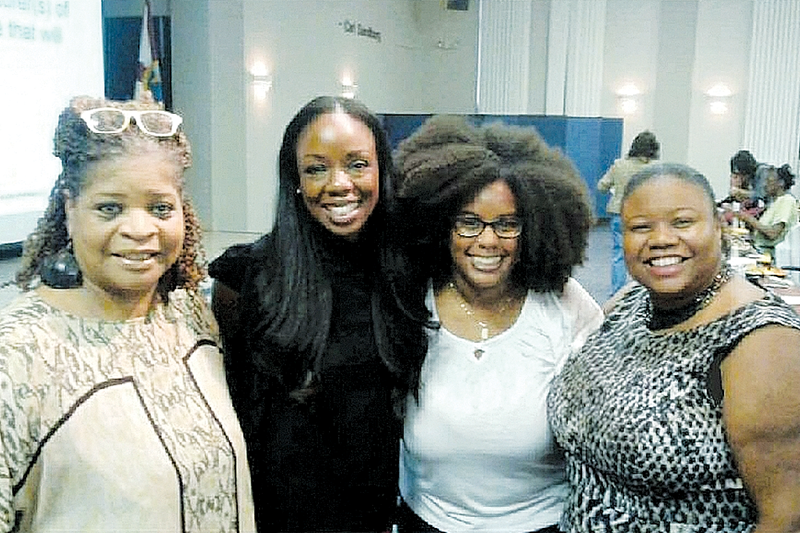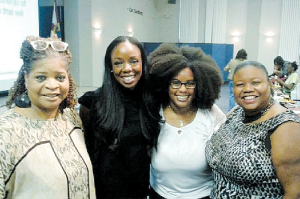A word to fellow community warriors


 What about “epigenetics” in this conceptualization and conversation about how symptoms potentially manifest as a result of unhealthy family and community dynamics? Epigenetics, put very simply and within a relevant context, involves the study of how external stimuli (i.e., our relationships, environments, traumatic experiences and so on) impact the way in which our genes are expressed, which subsequently impacts not only countless health (psychological, emotional, relational, physical) outcomes of our own but of biological generations to come after us.
What about “epigenetics” in this conceptualization and conversation about how symptoms potentially manifest as a result of unhealthy family and community dynamics? Epigenetics, put very simply and within a relevant context, involves the study of how external stimuli (i.e., our relationships, environments, traumatic experiences and so on) impact the way in which our genes are expressed, which subsequently impacts not only countless health (psychological, emotional, relational, physical) outcomes of our own but of biological generations to come after us.Notifications